

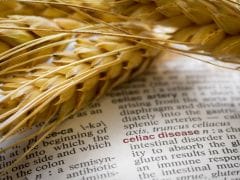
Winter babies and people born in places with shorter days and less sunlight might have a lower risk of developing celiac disease than peers born in warmer regions or seasons, a Swedish study suggests.
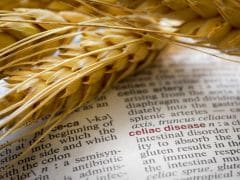
The first thing to understand about Celiac disease is that it is an autoimmune disorder, which can occur in genetically predisposed people where the ingestion of gluten leads to damage of the small intestine.

Gluten: According to a new research, here is why people with celiac disease get nauseous within one or two hours of having gluten.

Celiac disease is a digestive disorder that causes an impact on the small intestines and intake of excess gluten during the first five years of your life is associated with the likelihood of developing this ...
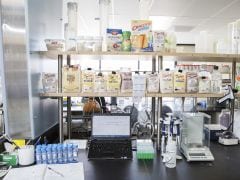
Pharmaceutical companies are racing to develop the first drugs for celiac disease, which researchers say is much more common than previously thought.
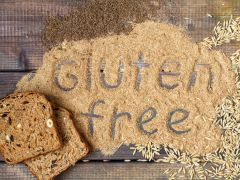
In my daughter's case, it was Celiac Disease, a disorder in which eating gluten can damage the small intestine and is estimated to affect 1 in 100 people worldwide.

So many people think being 'gluten free' is a choice, but that is far from the truth. Gluten intolerance or Celiac disease affects a large number of people worldwide.

Gluten is a protein that is found in wheat, rye, oats and barley. Gluten is found in most packed goods and anyone with a gluten intolerance has to avoid all food that is cross contaminated ...
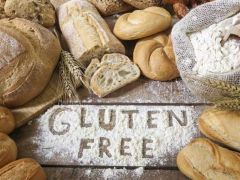
Infections during early life could also be associated with increased risk of gluten intolerance or celiac disease later in life, says a study.
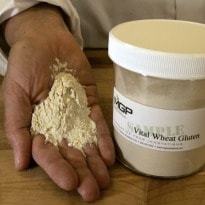
Two studies give disappointing news for parents looking for a way to prevent celiac disease in babies at higher risk for it because of family history. Neither breast-feeding nor timing the start of gluten-containing foods ...